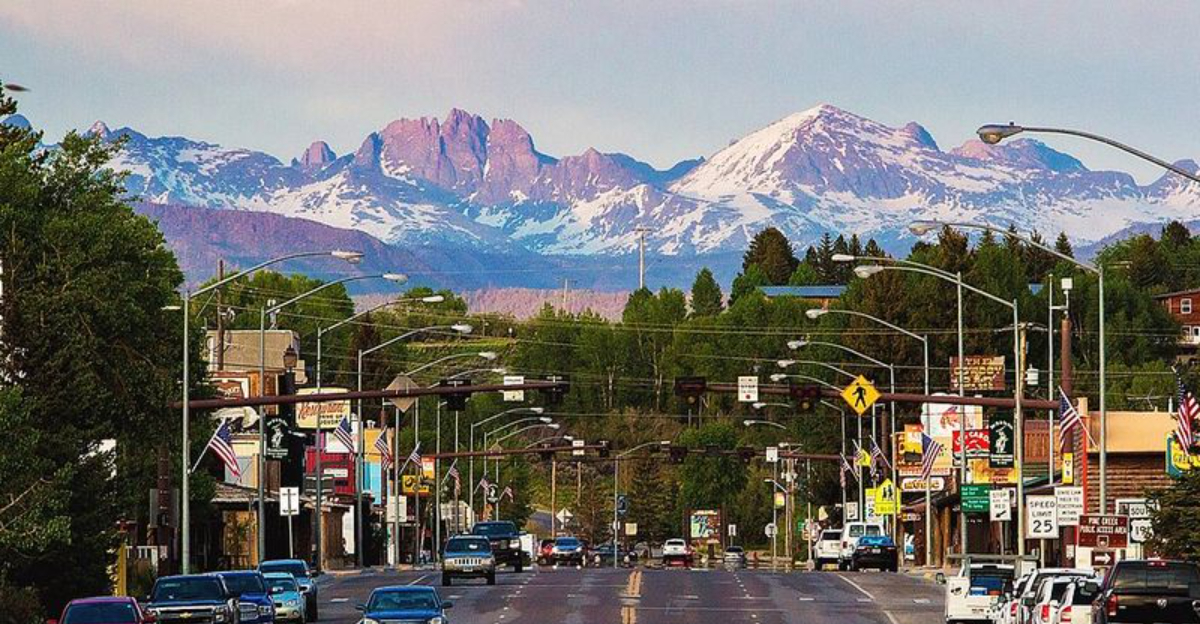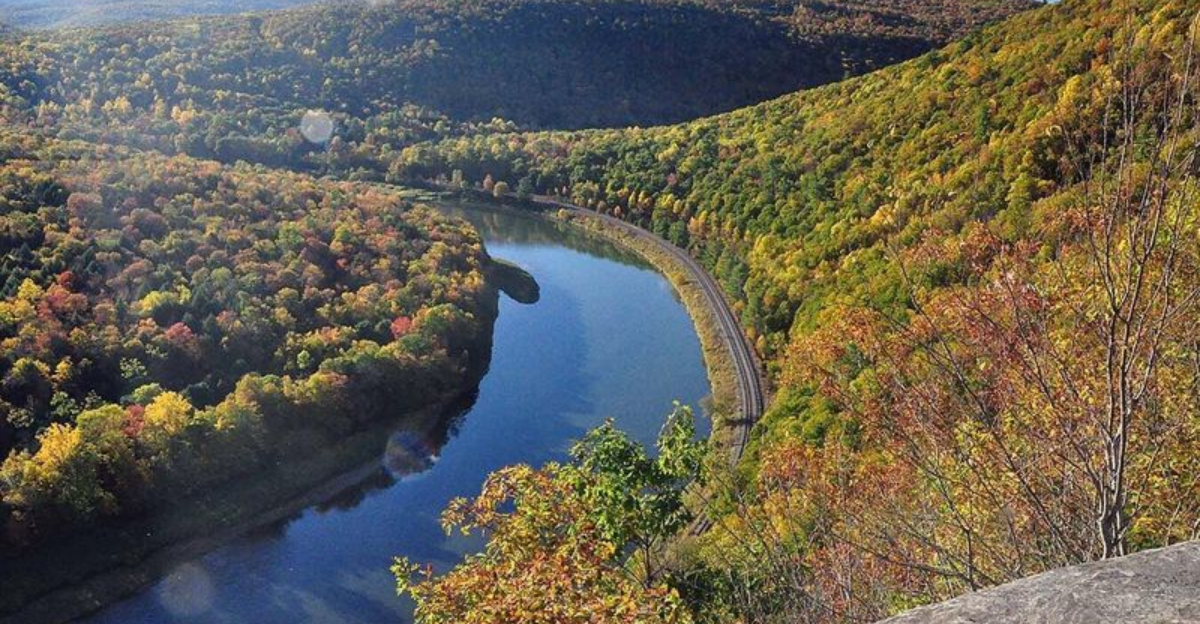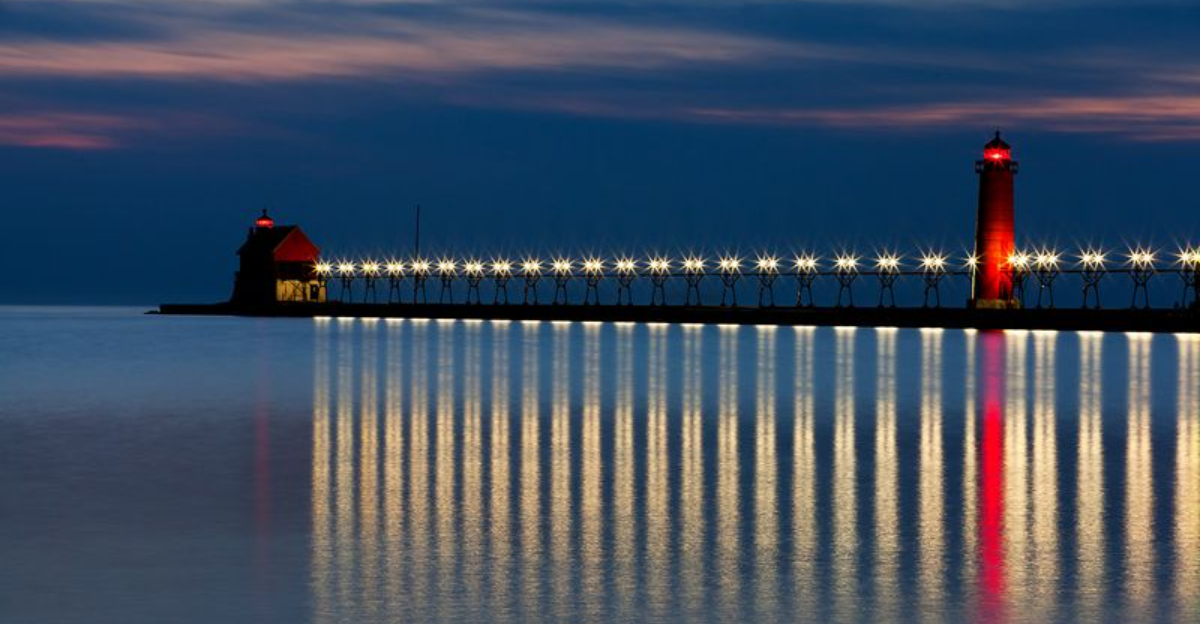32 Ancient Sites That’ll Rock Your Inner Archaeologist
Ever wondered what secrets lie buried beneath centuries of dust and time?
Ancient ruins scattered across our planet tell stories of civilizations that built incredible structures without modern technology.
Get ready to explore jaw-dropping temples, mysterious stone circles, and lost cities that will make you feel like Indiana Jones on an epic adventure!
1. The Great Wall Of China
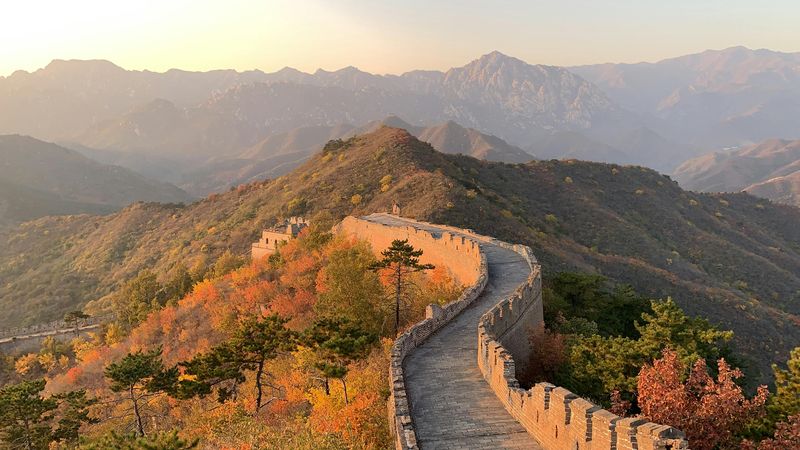
Stretching over 13,000 miles across mountains and deserts, this massive barrier was built to protect ancient China from invaders. Construction started way back in the 7th century BC, and millions of workers spent centuries adding to it.
Walking along its crumbling watchtowers feels like stepping into a time machine. You can still see original bricks laid by hands that lived thousands of years ago!
2. Stonehenge
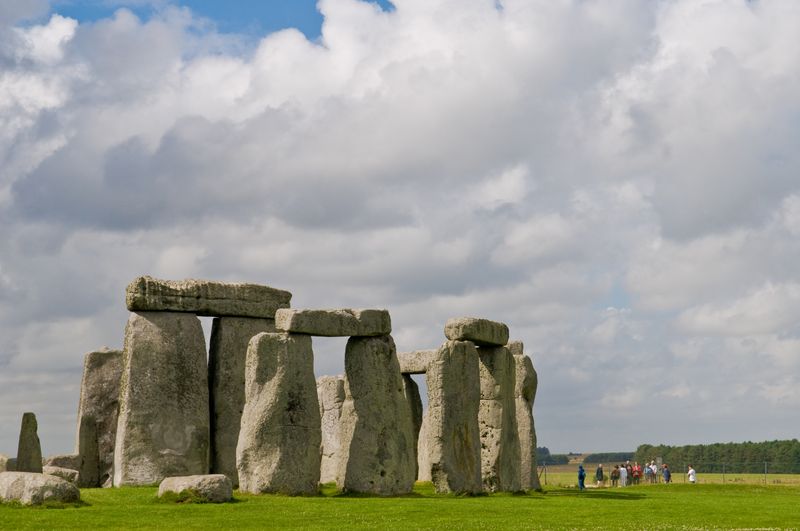
Massive stones weighing up to 25 tons stand in a mysterious circle on England’s Salisbury Plain. Nobody knows exactly why ancient people dragged them from quarries 150 miles away around 3000 BC.
Some think it was an astronomical calendar, while others believe it served as a healing temple. Whatever its purpose, standing among those towering rocks gives you serious goosebumps!
3. Chichen Itza
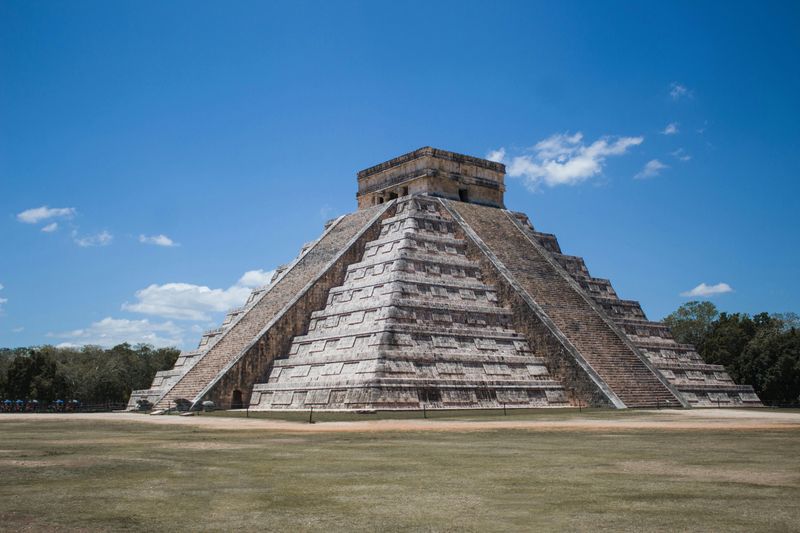
Built by the Maya civilization around 600 AD, this city in Mexico features a pyramid so precisely designed that it casts a serpent shadow during equinoxes. El Castillo rises 98 feet into the jungle sky, with 365 steps representing days of the year.
Clap your hands at the base and the echo sounds like a bird chirping. Talk about ancient acoustic engineering!
4. Skara Brae
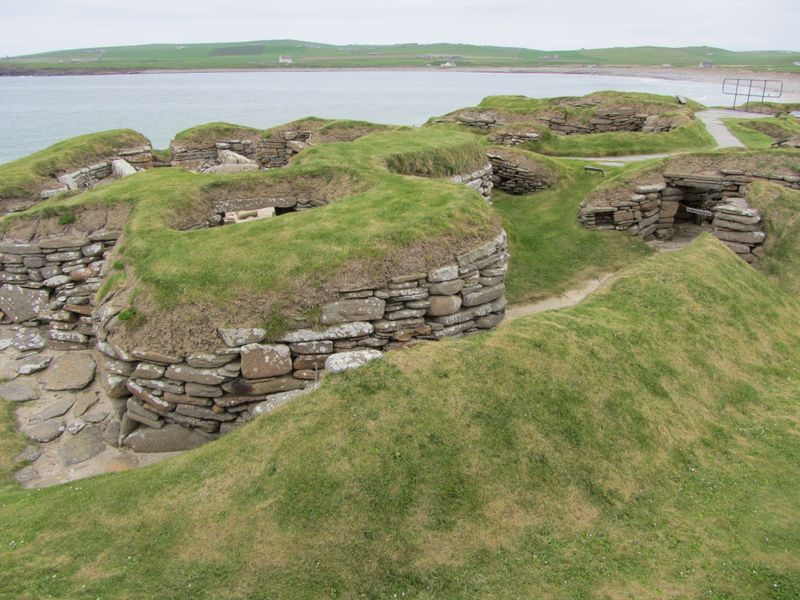
Imagine a 5,000-year-old village perfectly preserved under sand dunes until a storm uncovered it in 1850. Located on Scotland’s Orkney Islands, this settlement shows how Stone Age families lived with stone beds, dressers, and even indoor toilets!
Walking through the low doorways connecting homes feels incredibly intimate. You can almost hear ancient conversations echoing through the stone corridors.
5. Terracotta Army
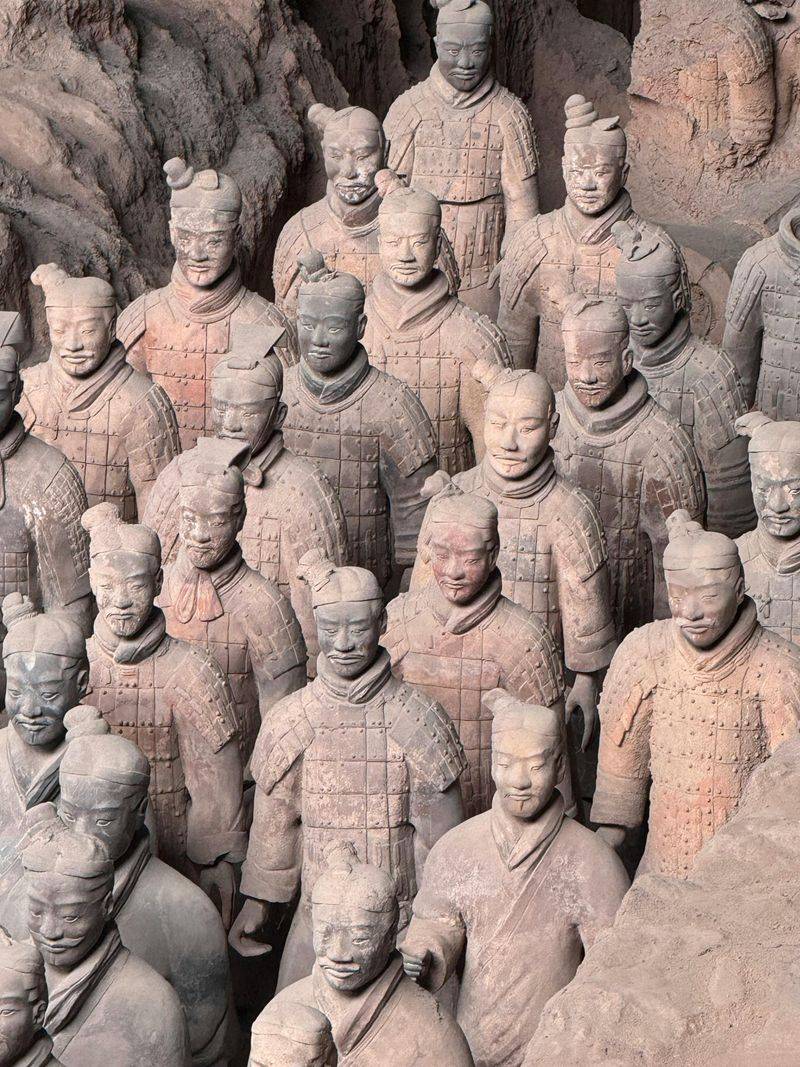
Buried with China’s first emperor in 210 BC, over 8,000 life-sized clay soldiers guard his tomb. Each warrior has unique facial features, hairstyles, and expressions, making them look eerily human.
Farmers accidentally discovered them in 1974 while digging a well. Archaeologists believe thousands more statues remain buried, waiting to be unearthed beneath the Chinese countryside!
6. The Ziggurat Of Ur
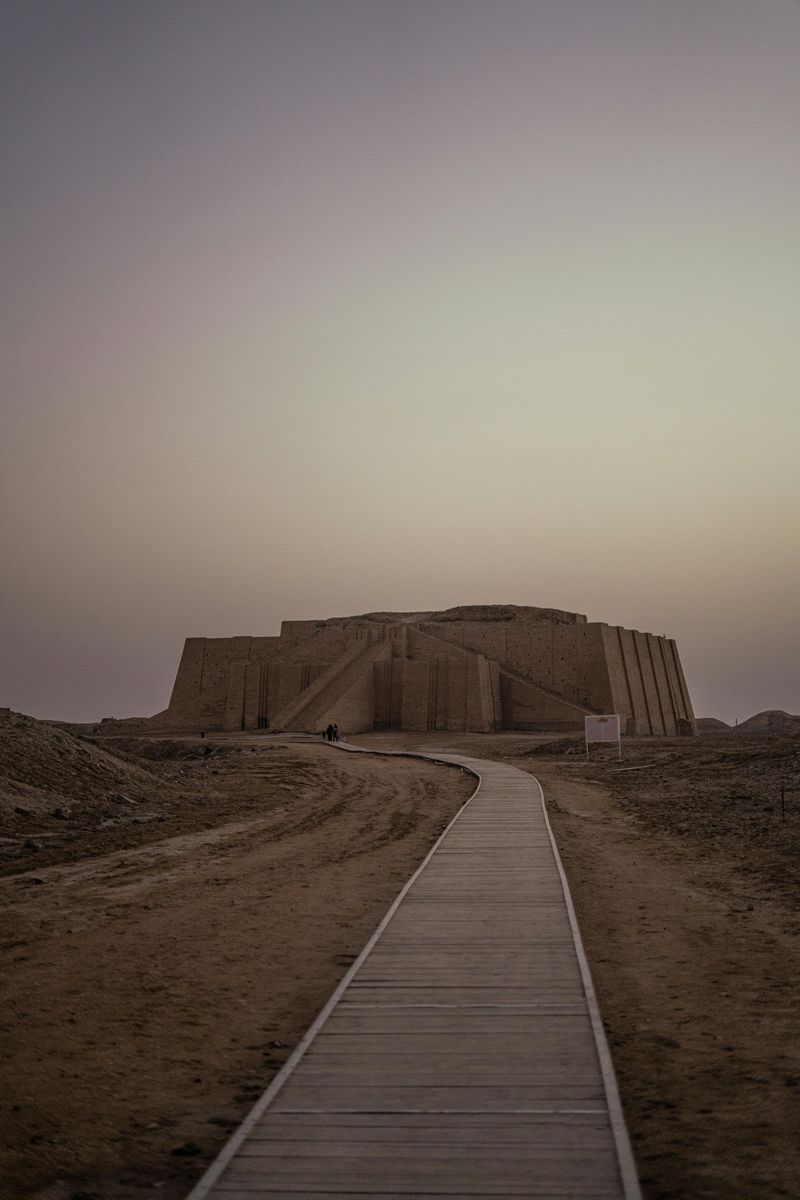
Rising from the Iraqi desert, this 4,000-year-old stepped pyramid served as a temple to the moon god Nanna. Ancient Sumerians believed gods descended from heaven on its massive staircases.
King Nebuchadnezzar II rebuilt parts of it around 600 BC. Standing at its base, you can see why ancient people thought it touched the sky. Absolutely mind-blowing architecture!
7. Tigers Nest Monastery
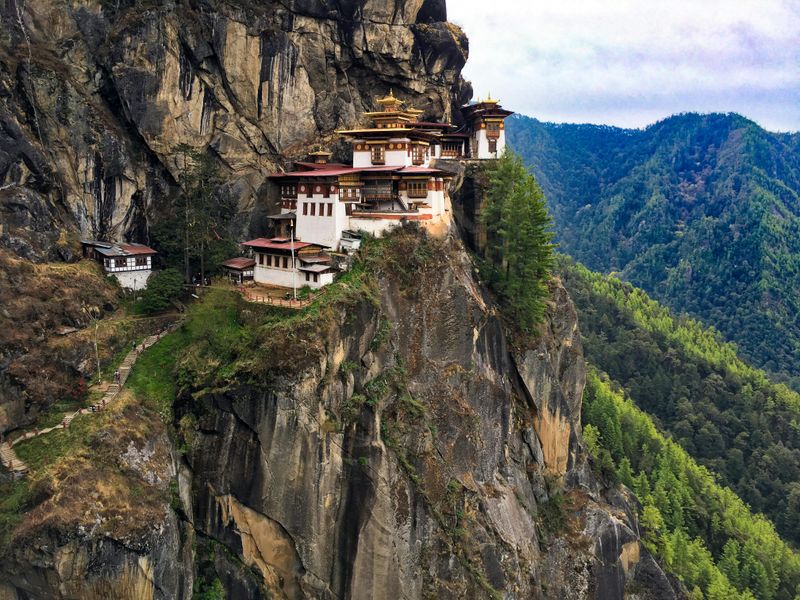
Clinging to a cliff 3,000 feet above Bhutan’s Paro Valley, this monastery was built in 1692 around a cave where a Buddhist master supposedly flew on a tigress. Reaching it requires a challenging hike through pine forests and prayer flags.
Monks still live and meditate in this gravity-defying temple. How they built it without modern equipment remains absolutely baffling!
8. Lascaux Cave Paintings
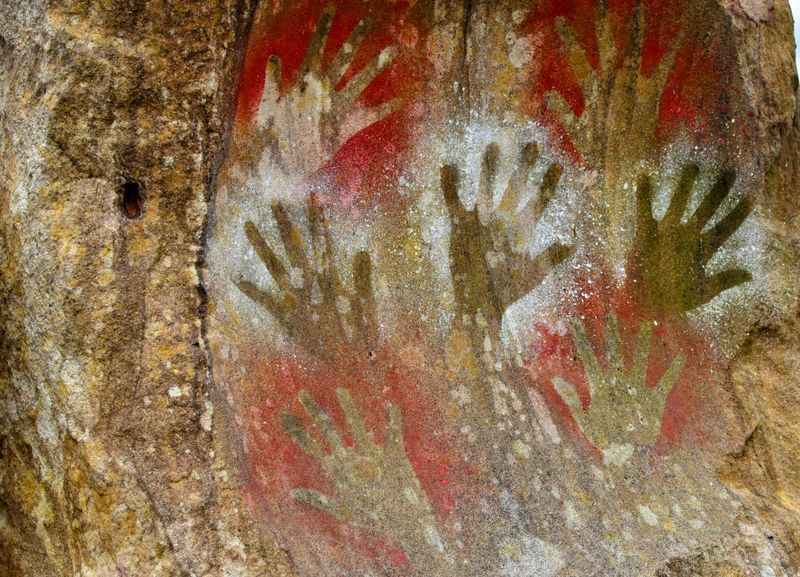
Discovered by teenagers and a dog in 1940, this cave in France contains 17,000-year-old paintings of horses, bulls, and mysterious symbols. Ice Age artists used natural pigments and the cave’s contours to create 3D effects.
Breathing and humidity damaged the originals, so visitors now tour a detailed replica. Still, knowing ancient humans created such beauty with primitive tools is absolutely incredible!
9. Petra Jordan
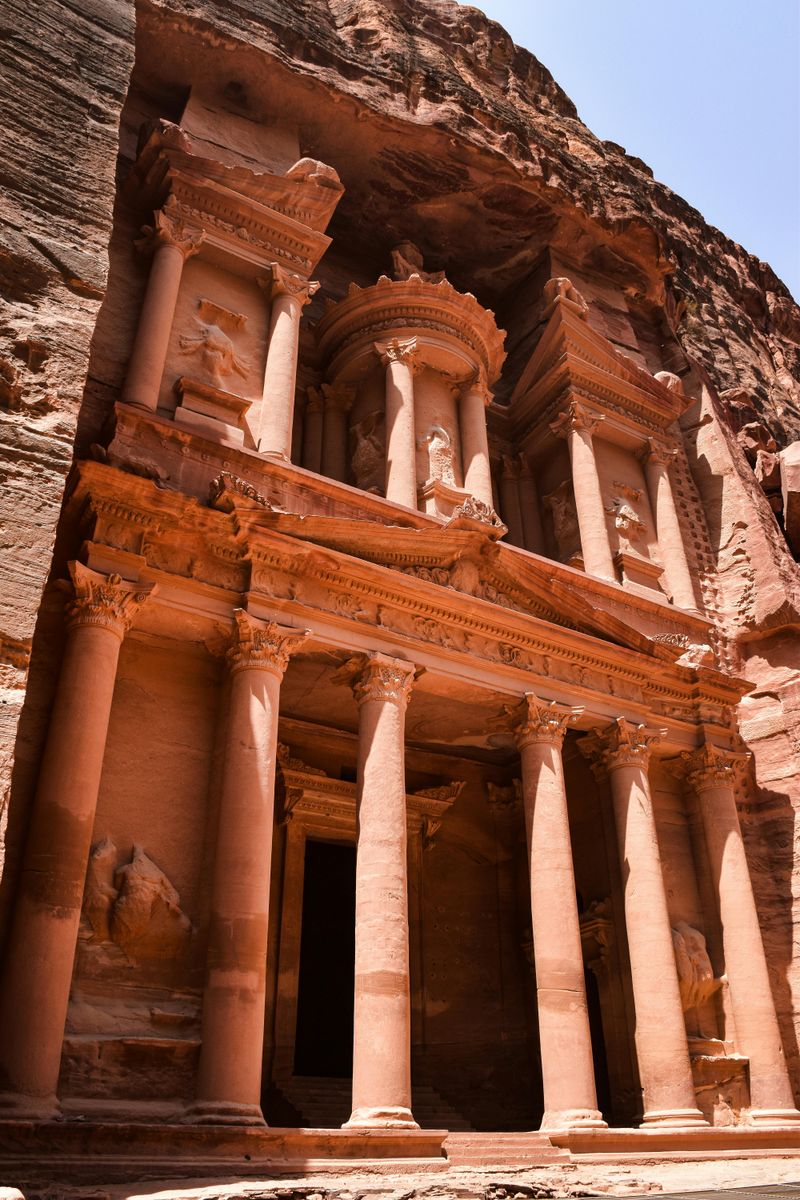
Hidden in Jordan’s desert canyons, this rose-red city was carved directly into sandstone cliffs by the Nabataeans around 300 BC. You reach it through a narrow gorge called the Siq, where towering walls create dramatic shadows.
Suddenly, the Treasury appears, its intricate facade glowing pink in sunlight. Indiana Jones fans will recognize it instantly from the Last Crusade!
10. The Ring Of Brodgar
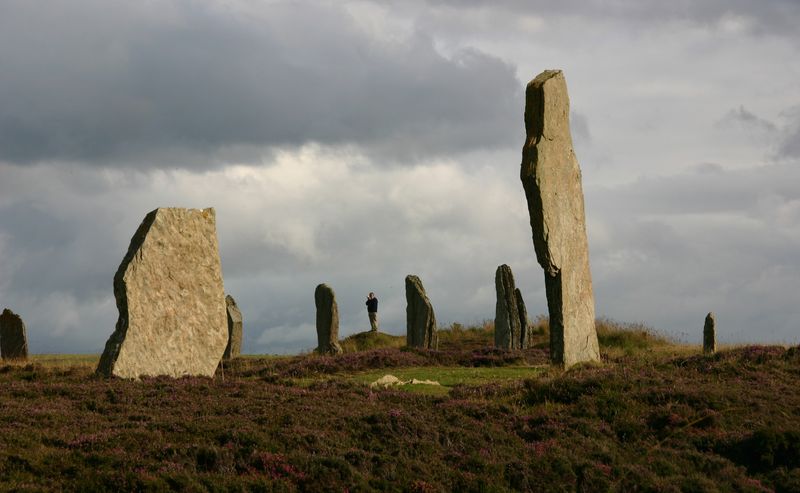
Standing on Scotland’s Orkney Islands since around 2500 BC, this stone circle originally had 60 towering megaliths. Today, 27 remain standing in a perfect ring 340 feet across.
Wind whistles through the stones, creating an eerie atmosphere. Ancient people gathered here for ceremonies we can only guess at. Visiting at sunset makes you feel connected to those mysterious ancestors!
11. Mohenjo Daro
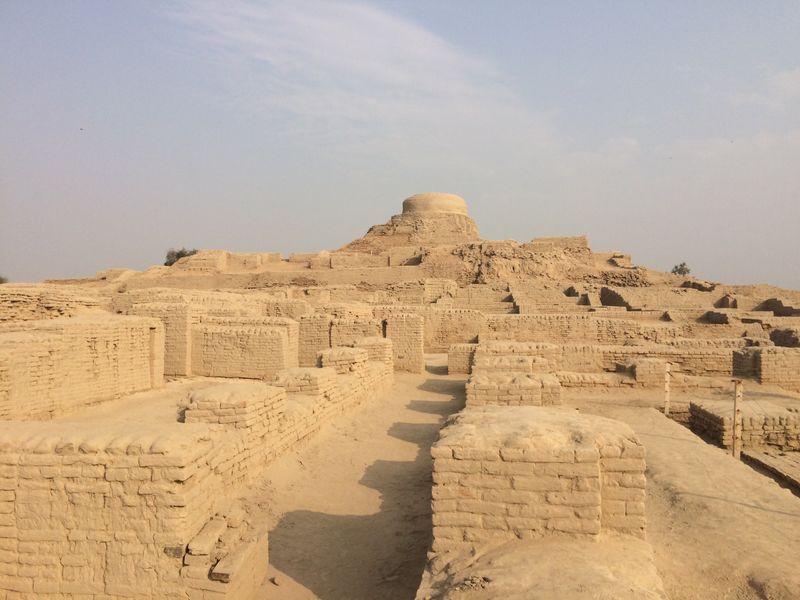
Built around 2500 BC in what’s now Pakistan, this city had advanced plumbing, public baths, and grid-pattern streets centuries before most civilizations. Archaeologists found no weapons or palaces, suggesting a peaceful, equal society.
Nobody knows why it was suddenly abandoned around 1900 BC. Walking through its brick streets raises more questions than answers about this vanished civilization!
12. Carthage
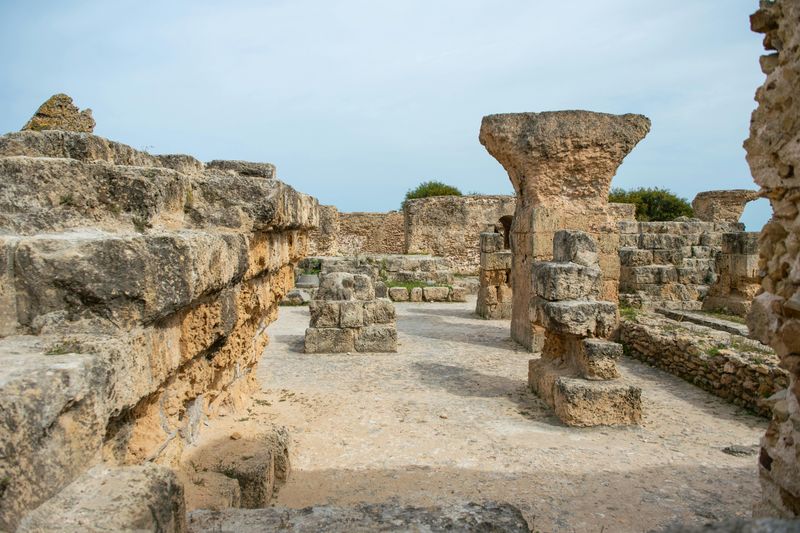
Founded by Phoenicians around 814 BC in modern Tunisia, this powerful city-state rivaled Rome until being destroyed in 146 BC. General Hannibal famously crossed the Alps with war elephants from here to attack Rome.
Today, you can explore Roman baths, amphitheaters, and harbor ruins. Sunset views over the Mediterranean help you imagine ancient ships sailing to distant lands!
13. Pompeii
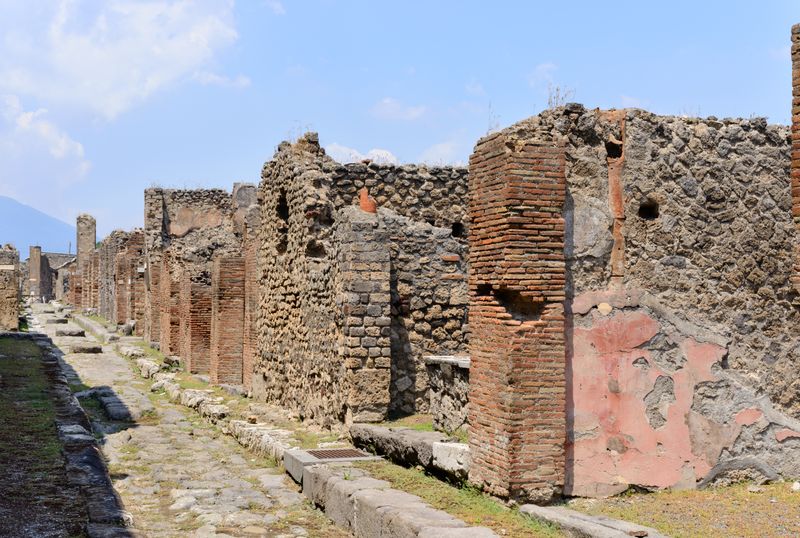
When Mount Vesuvius erupted in 79 AD, volcanic ash buried this Roman city so quickly that it preserved everyday life like a time capsule. You can see loaves of bread still in ovens and graffiti on walls.
Plaster casts of victims frozen in their final moments are heartbreaking reminders of that catastrophic day. Walking these streets feels like visiting a ghost town!
14. The Rock-Hewn Churches Of Lalibela
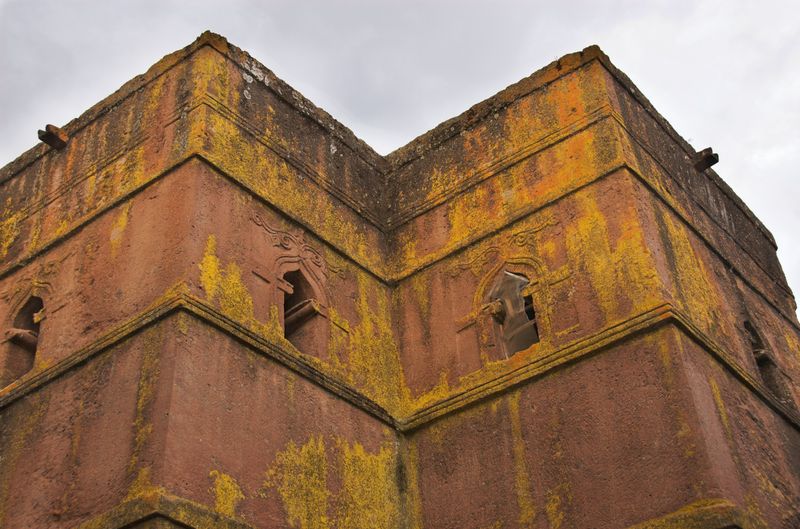
Carved downward into solid volcanic rock during the 12th century, eleven churches form a pilgrimage site in Ethiopia’s highlands. King Lalibela ordered their construction to create a New Jerusalem after Muslims blocked access to holy sites.
Workers chiseled them entirely from living rock, creating windows, doors, and columns. Priests still conduct services in these incredible underground sanctuaries today!
15. Acropolis Of Athens
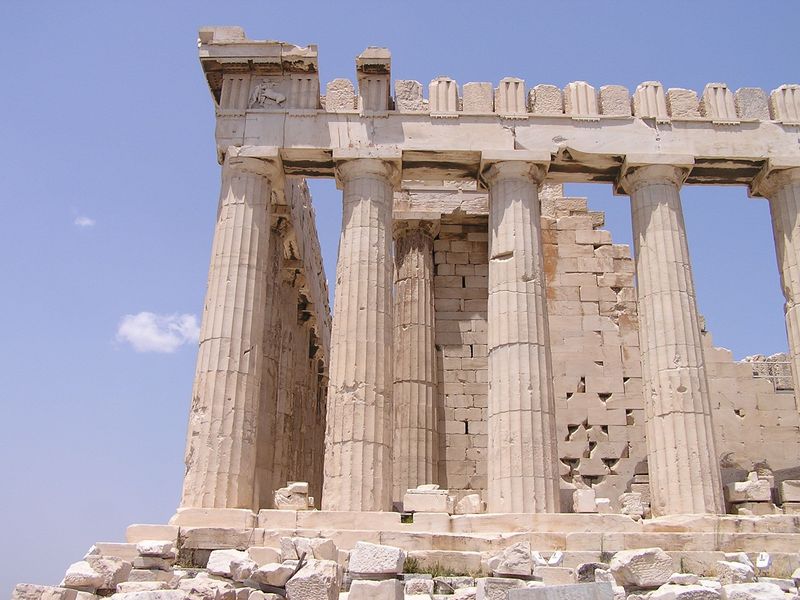
Crowning a rocky hill above Athens since 447 BC, the Parthenon temple showcases ancient Greek architectural genius. Built to honor goddess Athena, it once housed a massive gold and ivory statue.
Despite centuries of war, earthquakes, and looting, its marble columns still stand proudly. Watching sunrise illuminate its golden stones makes you understand why Greeks considered it sacred!
16. Sacred City Of Caral-Supe
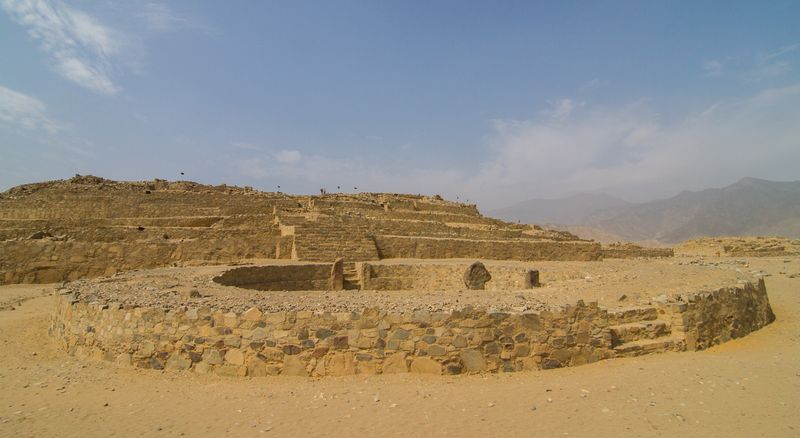
Dating to 2600 BC, this Peruvian city is the oldest known urban center in the Americas. While Egyptians built pyramids, people here constructed ceremonial platforms and circular plazas without pottery or warfare evidence.
Archaeologists found musical instruments made from animal bones, suggesting culture thrived peacefully. Standing among its ruins rewrites everything we thought we knew about early civilizations!
17. Hegra
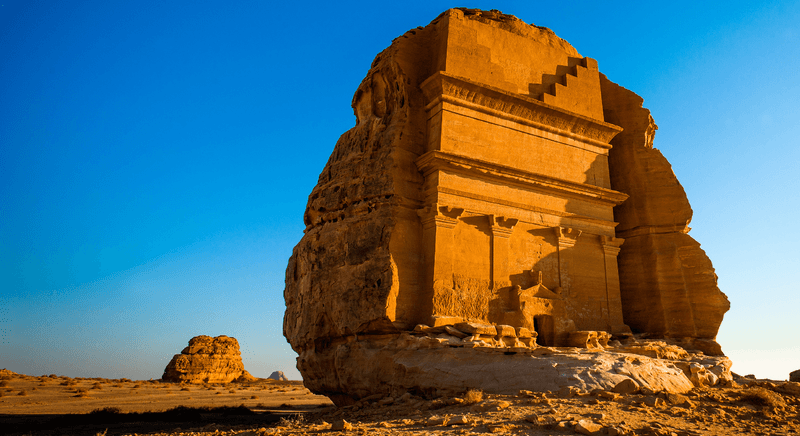
Saudi Arabia’s first UNESCO World Heritage Site features over 100 elaborate tombs carved into sandstone outcrops by the Nabataeans around the 1st century AD. Often called Petra’s sister city, it remained hidden from tourists until recently.
Inscriptions above doorways tell who was buried inside. Desert silence and isolation make exploring these monuments feel like discovering a secret world!
18. Jerusalem
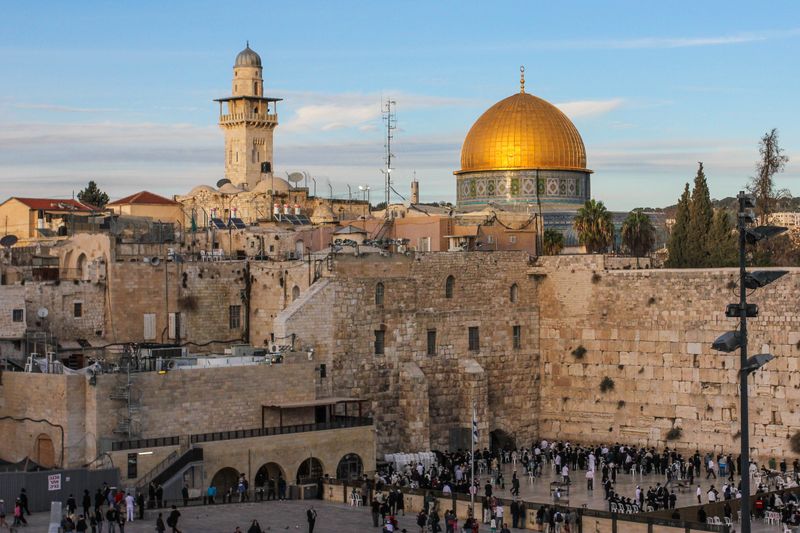
Sacred to Judaism, Christianity, and Islam, this city has been continuously inhabited for over 4,000 years. Layers of civilizations literally stack on top of each other beneath modern streets.
Walking through the Old City’s narrow alleys, you pass Roman columns, Crusader churches, and Ottoman walls. Every stone seems to whisper stories of prophets, kings, and countless pilgrims throughout history!
19. Ayutthaya
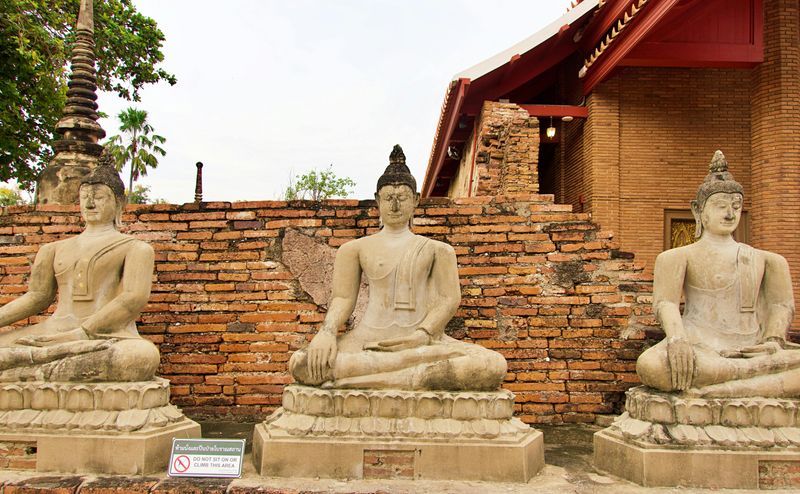
Once the glittering capital of the Siamese Kingdom, this Thai city boasted magnificent temples covered in gold before Burmese invaders destroyed it in 1767. Today, headless Buddha statues and crumbling prangs create a hauntingly beautiful landscape.
Cycling among the ruins at sunset, you can almost hear echoes of bustling markets and royal processions that once filled its streets!
20. Temples Of Angkor
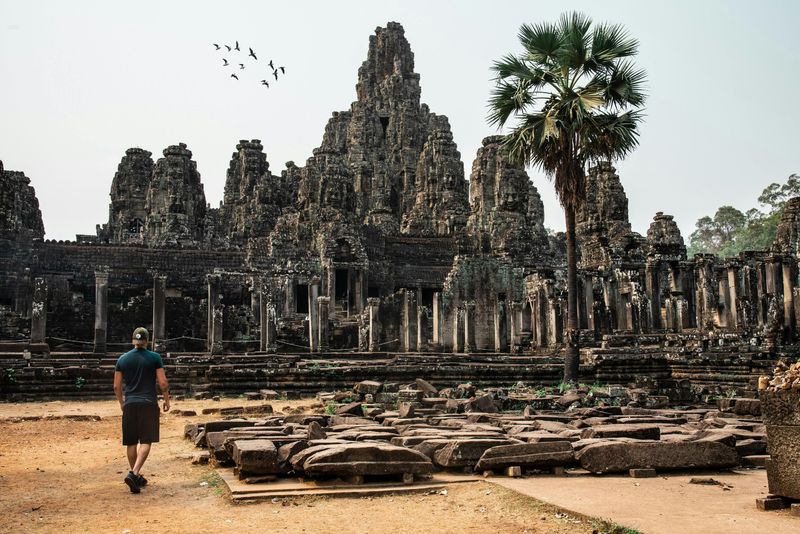
Sprawling across 400 square kilometers of Cambodian jungle, this temple complex represents the Khmer Empire’s peak around the 12th century. Angkor Wat alone is the world’s largest religious monument, with towers designed to resemble Mount Meru, home of Hindu gods.
Tree roots swallow some temples, creating surreal scenes. Sunrise here is absolutely magical and totally worth waking up early!
21. The Ggantija Temples
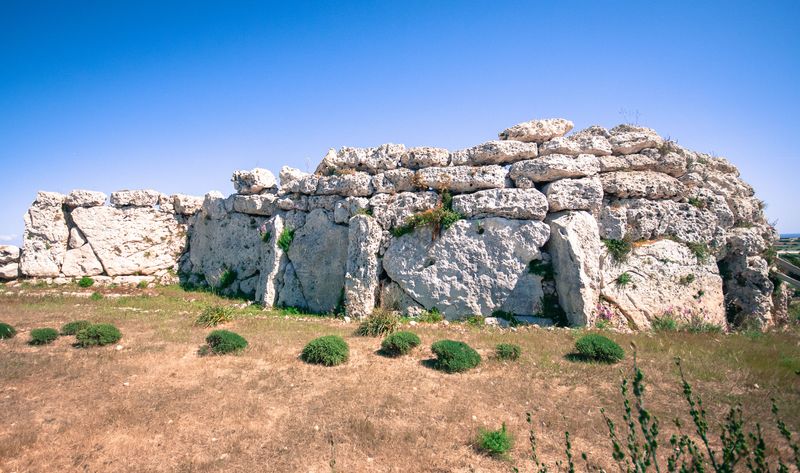
Built around 3600 BC on Malta’s Gozo Island, these temples predate Stonehenge and the Egyptian pyramids. Giant limestone blocks weighing several tons form walls over 16 feet tall.
Local legends claimed giants built them, hence the name Ggantija, meaning giant. How Neolithic people moved such massive stones without wheels or metal tools remains one of archaeology’s greatest mysteries!
22. Nazca Lines

Etched into Peru’s desert floor between 500 BC and 500 AD, these massive geoglyphs depict animals, plants, and geometric shapes visible only from the air. Some figures stretch over 1,200 feet long.
Nobody knows exactly why the Nazca people created them, though theories range from astronomical calendars to alien landing strips! Flying over them in a small plane is absolutely breathtaking!
23. Bagan

Over 2,000 Buddhist temples and pagodas dot the plains of Myanmar, built between the 11th and 13th centuries. At its peak, Bagan had over 10,000 religious structures, making it one of the most densely packed archaeological sites on Earth.
Watching sunrise from a temple top while hot air balloons float past creates memories you’ll treasure forever. Pure magic!
24. Teotihuacán
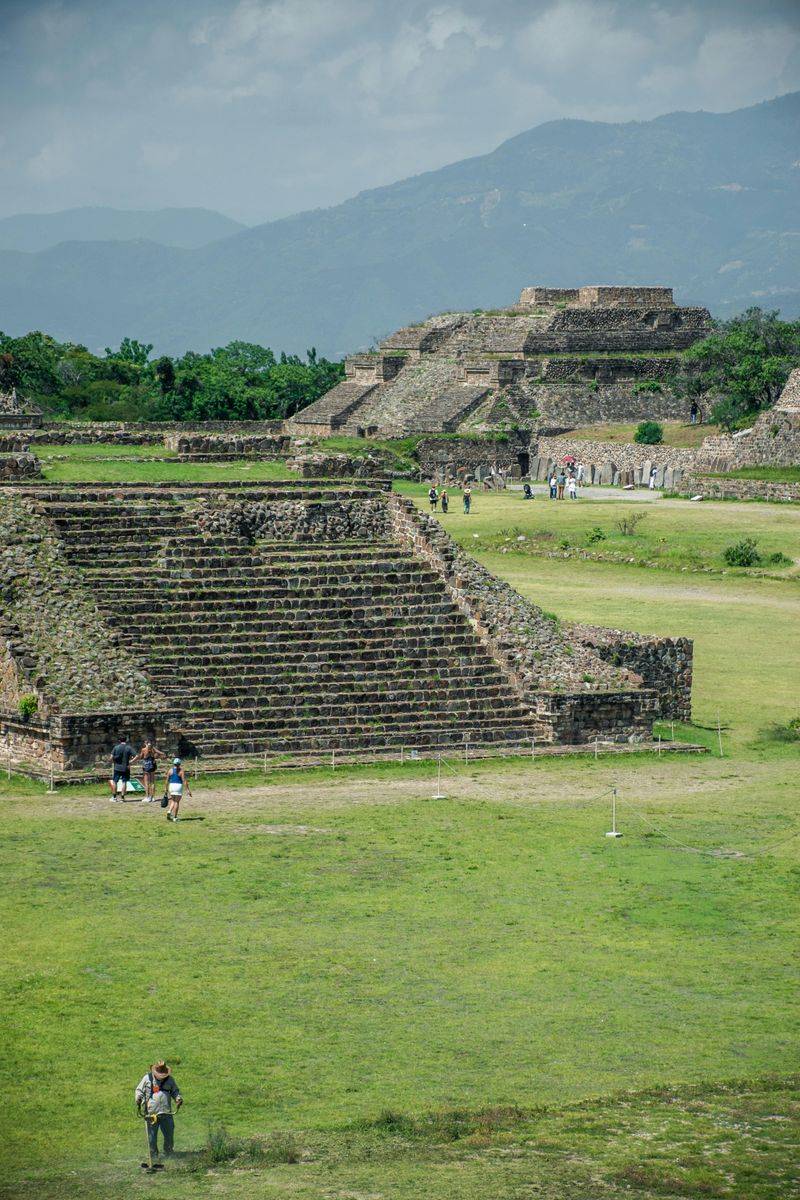
Built around 100 BC near modern Mexico City, this metropolis once housed 125,000 people, making it larger than ancient Rome. Nobody knows who built it, since it was already abandoned when the Aztecs arrived centuries later.
Climbing the Pyramid of the Sun’s 248 steps leaves you breathless but rewarded with incredible views. Aztecs named it, believing gods created the universe here!
25. The Sphinx Of Giza
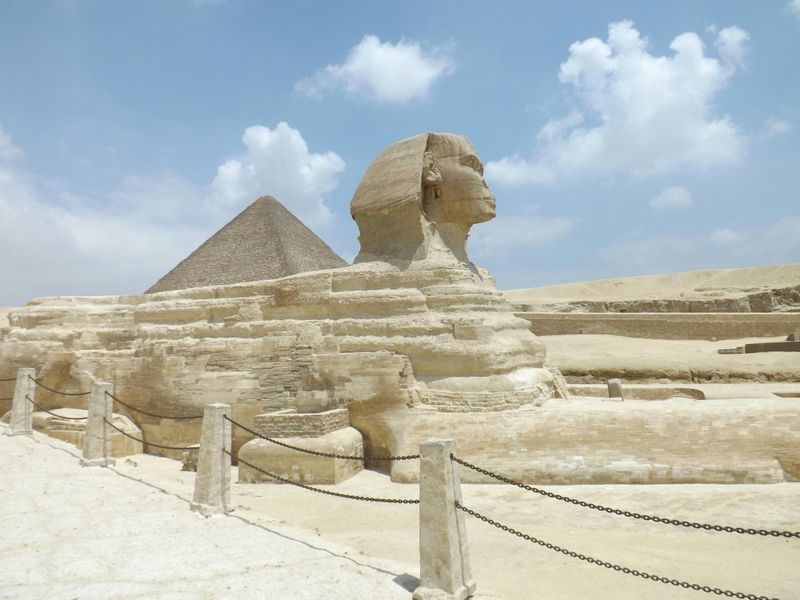
Carved from a single limestone ridge around 2500 BC, this massive statue guards Egypt’s Giza pyramids with a lion’s body and human head. Measuring 240 feet long and 66 feet high, it’s the world’s largest monolith statue.
Wind and sand have eroded its features over millennia, and its nose mysteriously disappeared. Standing before it makes you feel incredibly small and humbled!
26. Tikal
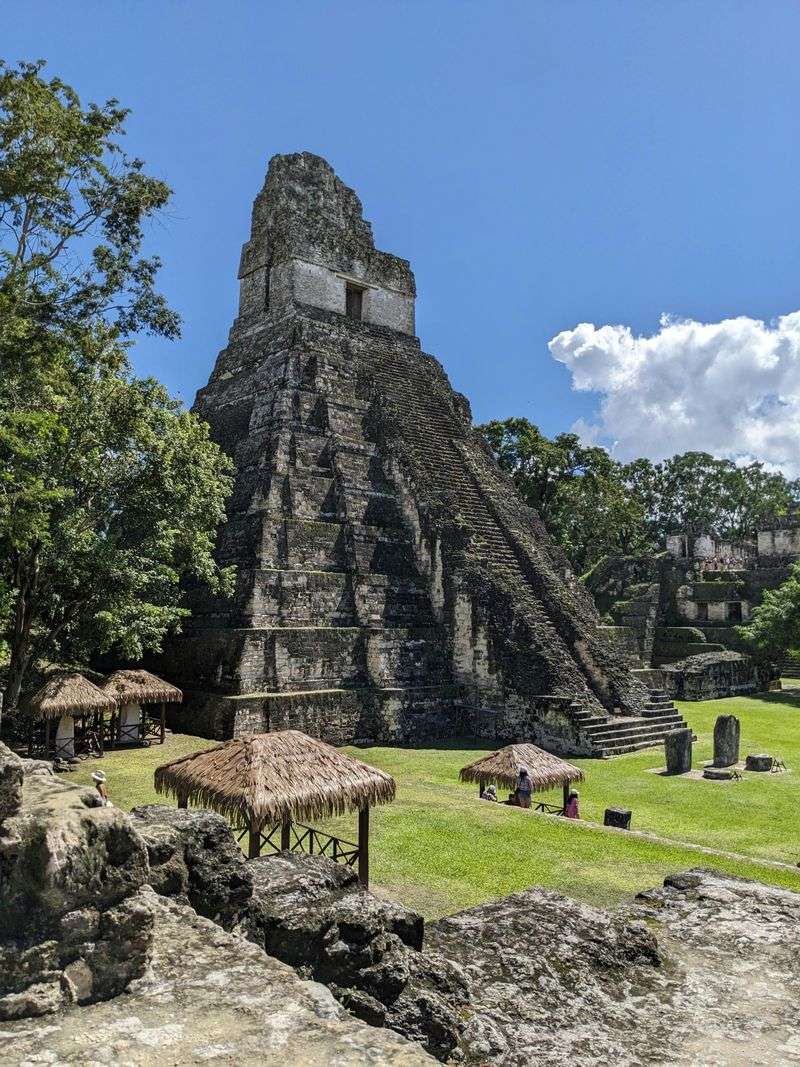
Hidden deep in Guatemala’s rainforest, this Mayan city flourished from 200 to 900 AD with pyramids soaring above the jungle canopy. Temple IV stands 213 feet tall, offering views across endless green wilderness.
Howler monkeys provide the soundtrack as you explore plazas where ancient kings once ruled. Watching sunrise from a pyramid top while toucans fly past is absolutely unforgettable!
27. Alexandria
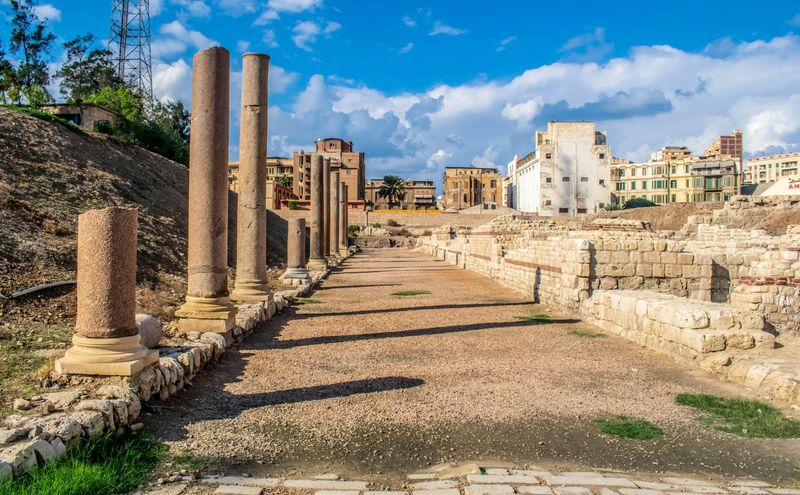
Founded by Alexander the Great in 331 BC, this Egyptian coastal city once housed the ancient world’s greatest library and the towering Lighthouse of Alexandria, one of the Seven Wonders.
Both vanished centuries ago, but underwater archaeologists continue discovering statues, columns, and palace remains in the harbor. Modern Alexandria sits atop layers of lost history waiting to be uncovered!
28. Cave Of Altamira
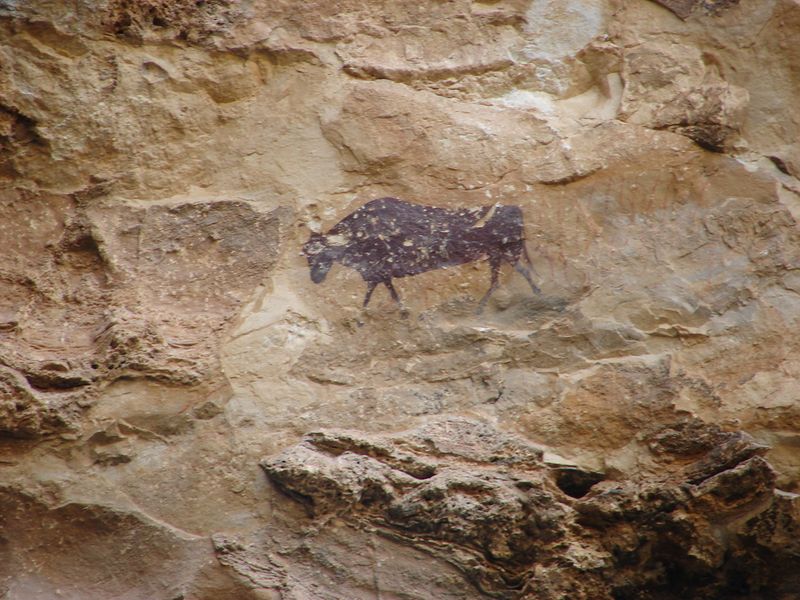
Discovered in 1868 by a hunter’s dog in northern Spain, this cave contains 14,000-year-old paintings of bison so realistic they were initially dismissed as fakes. Paleolithic artists used charcoal and ochre to create stunning images on the ceiling.
Moisture from visitors’ breath threatened the originals, so a replica museum now protects them. Seeing such ancient artistry still takes your breath away!
29. Machu Picchu
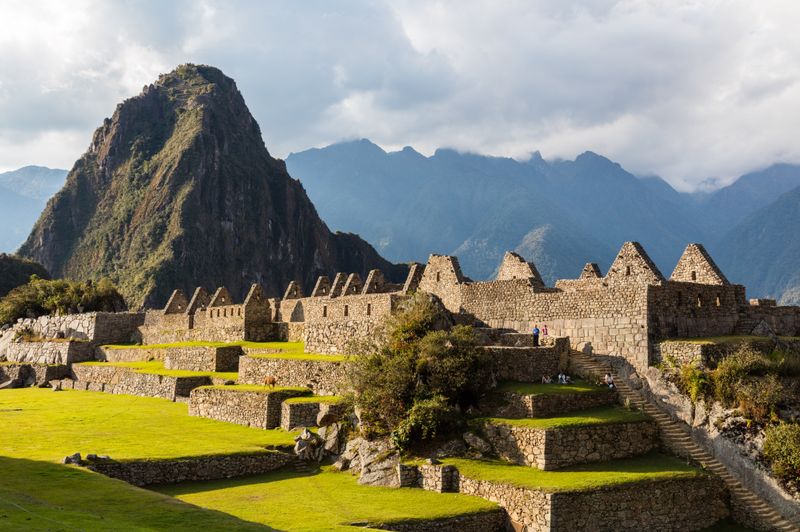
Perched on a mountain ridge 8,000 feet above sea level, this Inca citadel remained hidden from Spanish conquistadors until 1911. Built around 1450 AD, its precisely cut stones fit together without mortar, surviving countless earthquakes.
Morning mist often shrouds the ruins, creating an otherworldly atmosphere. Hiking the Inca Trail to reach it makes the experience even more rewarding and memorable!
30. The Colosseum
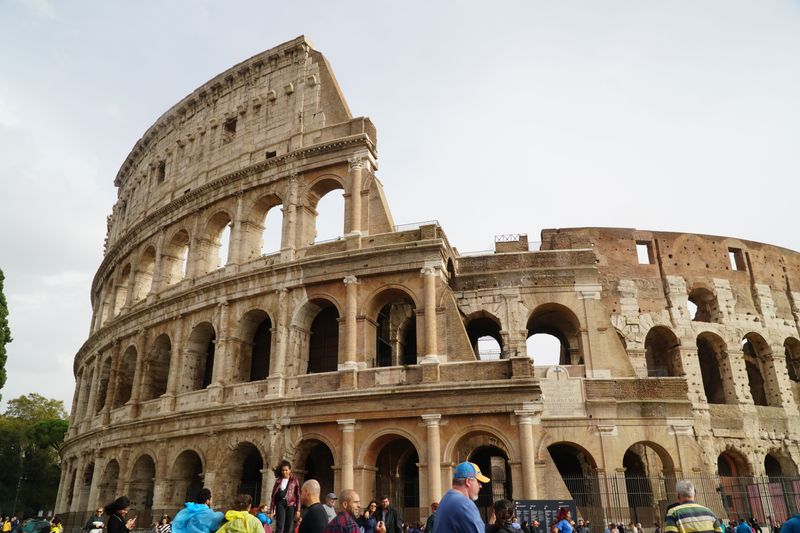
Completed in 80 AD, this massive amphitheater hosted gladiator battles, animal hunts, and mock sea battles for up to 80,000 spectators. Romans could flood the arena floor for naval combat reenactments!
Despite earthquakes and stone thieves over centuries, it remains Rome’s most iconic monument. Standing in the arena where gladiators fought for survival gives you serious chills and goosebumps!
31. Easter Island Moai
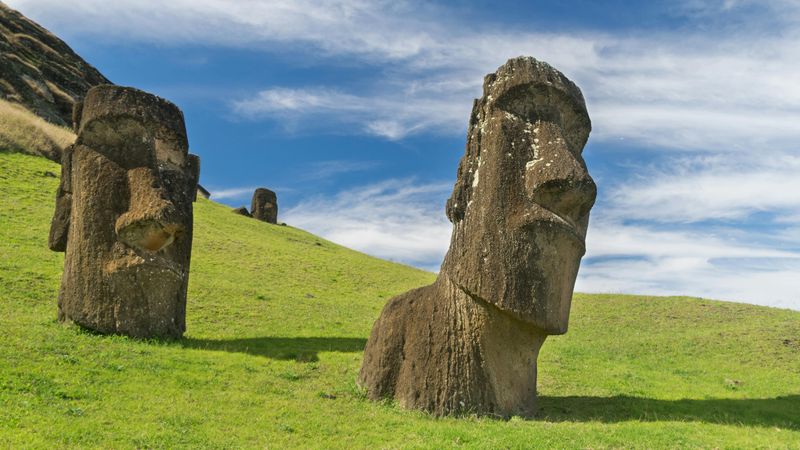
Nearly 1,000 massive stone heads dot this remote Chilean island, carved by Polynesian settlers between 1400 and 1650 AD. Some weigh over 80 tons and stand 33 feet tall!
Nobody knows exactly how islanders transported them miles from quarries without wheels or large animals. Walking among these mysterious giants staring inland makes you ponder what secrets they’re keeping!
32. Göbekli Tepe
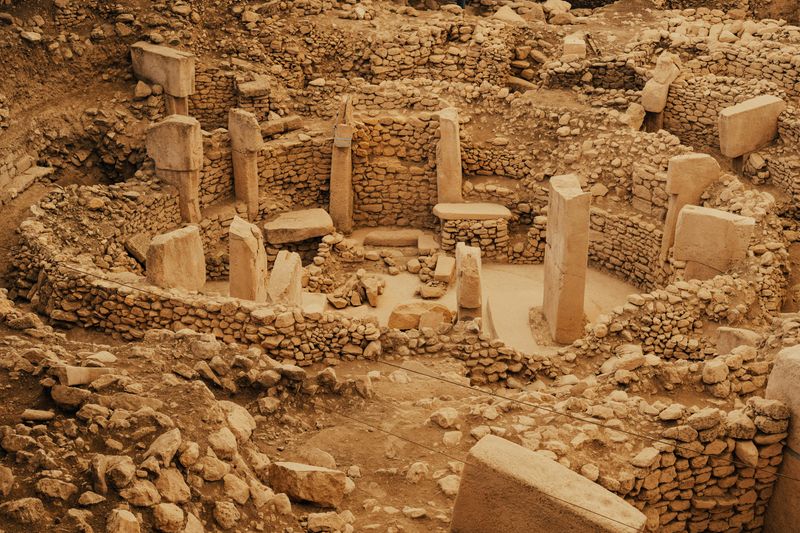
Built around 9600 BC in Turkey, this temple complex predates agriculture, cities, and even pottery. Massive T-shaped pillars carved with animals suggest organized religion existed before civilization as we know it.
Its discovery rewrote human history, proving hunter-gatherers could create sophisticated monuments. Standing among its ancient stones makes you rethink everything about our ancestors and early humanity!

